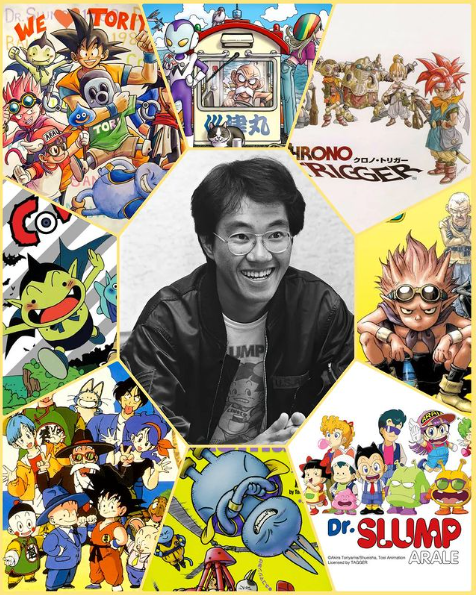You are on the internet. A place meant for knowledge, exploration, and improvement- but full of uncertainty, unfamiliarity, and unpleasantness.
Deal with it.
To see someone prefacing a picture, a film, or a piece of writing with aught like "(cw:xyz)" is to immediately be less inclined to pursue any interest I might have had- largely out of sheer indignation. In the past, I have said that knowing how a story ends doesn't spoil the journey of it for me, and that will always remain true. But to see a writer or an artist making a conscious decision to knowingly turn away potential enjoyers of their work before they can take the time to explore it for themselves? That burns. When exploring media, the discovery of the experience is so much more than words, sounds, or imagery.
Are so many so unwilling to explore outside their comforts that they need be warned of what might come? Are creators so fragile as to censor themselves before their work so much as sees the light of day? Do they feel the rise of fear in their hearts if they choose not to?
But... what if they believe it necessary?
A fine broad-strokes example, something I have seen fade to such obscurity that it may well be lost: the craft of the film trailer, or of the dust jacket blurb. Instead of intriguing or inspiring a prospective enjoyer with the work's potential possibilities, all too often now they simply lay facts and figures out in a manner so bland, so banal, as to hamstring any opinion that might be developed of the work itself. Film trailers that spoil the big twist. Book synopses that offer names and actions sans any intent.
What is missed above all in these flawed, misappropriated mediums and methods, is the reason to delve. To interest someone enough that they explore the depths of a story, to do the detective work that might reveal to an audience that story's very soul, and through it perhaps highlight some facet of their own.
In a time where creative expression is relentlessly stifled unless tirelessly monetized, and potential audiences are so much more willing and able to spread uninformed venom, then what might yet be done?
All I can offer is the proper thing to do: ignore the warnings placed by others, and respect the quality of your audience by offering none of your own.
Yet principles do not pay for groceries. And so ever shall I hunger.



